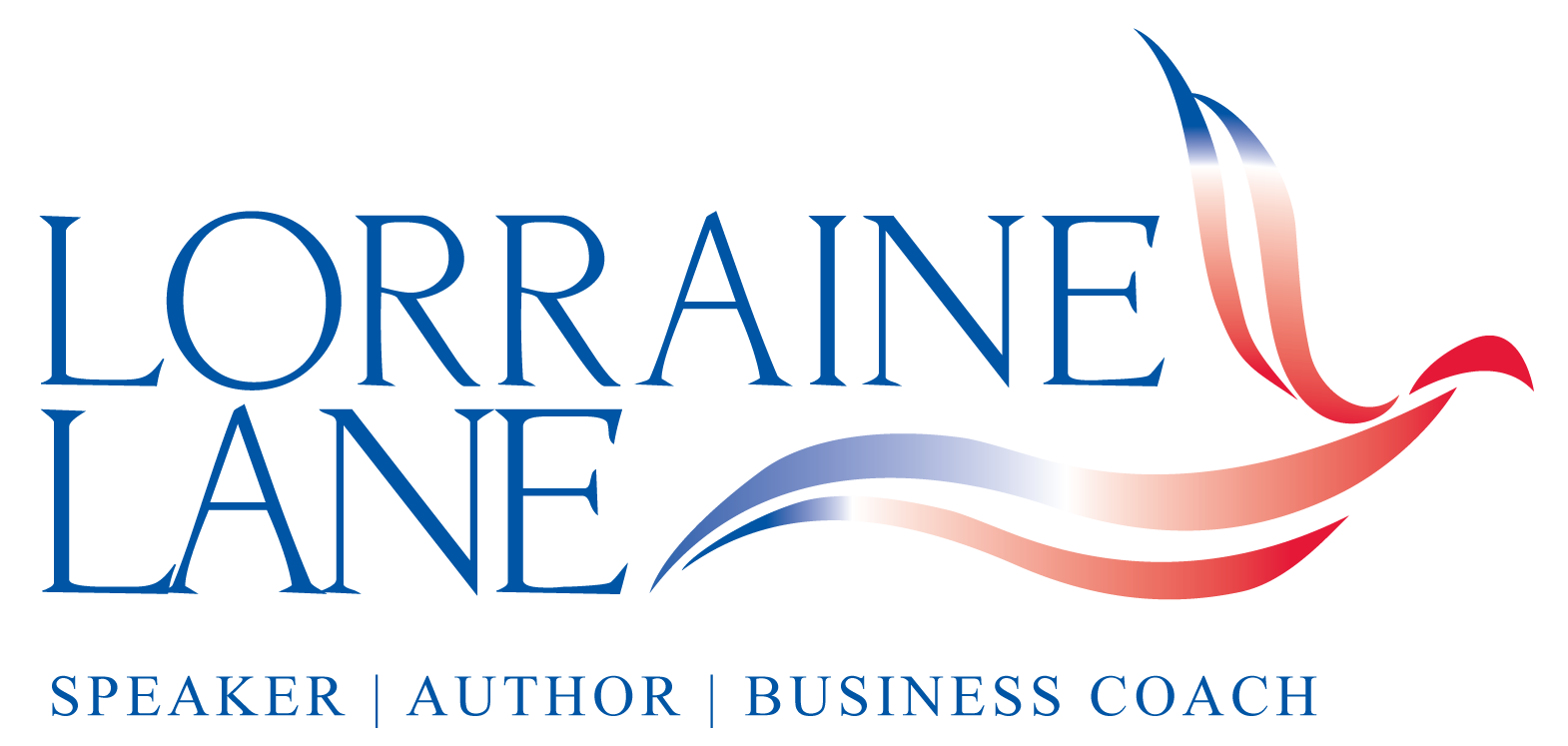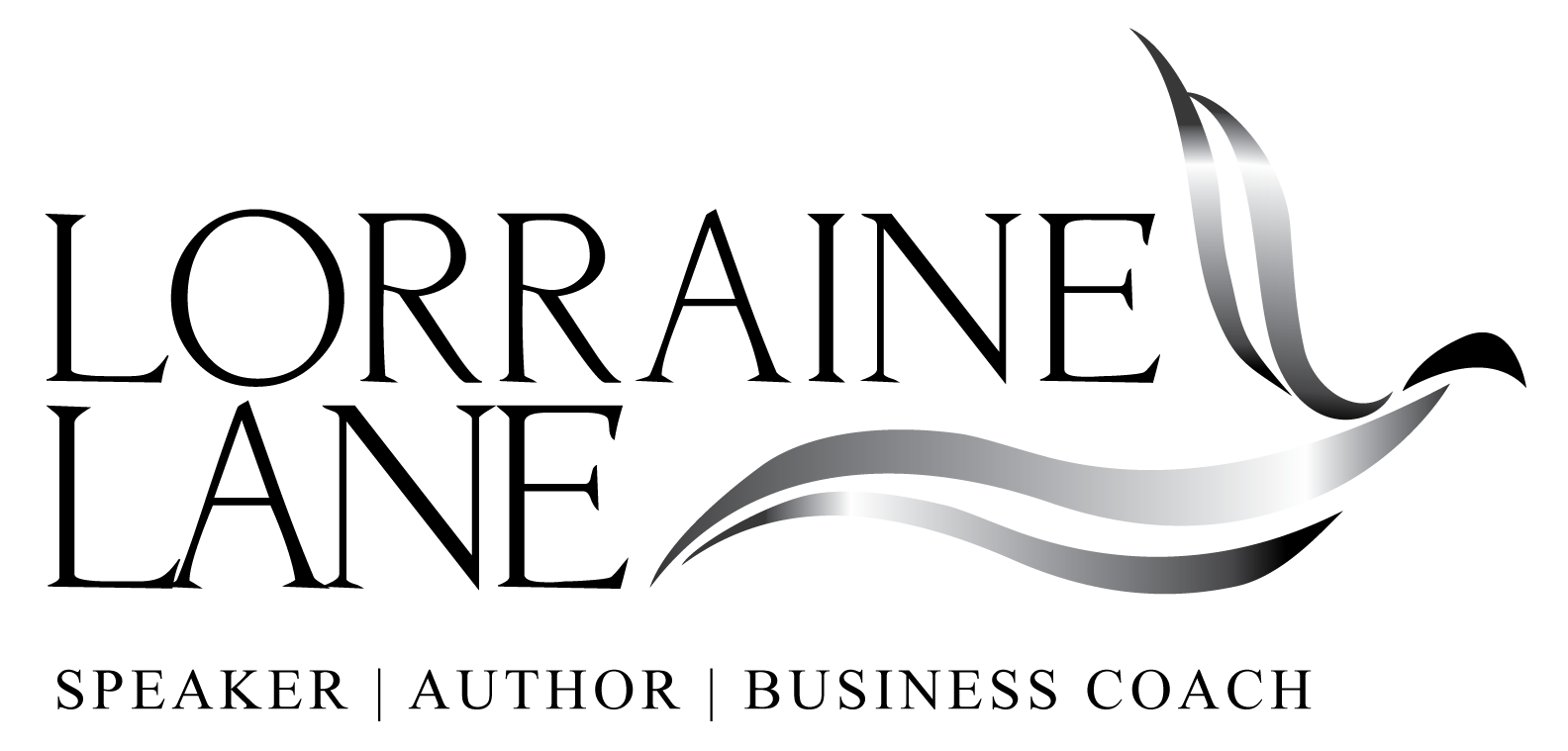 In articles I’ve been reading over the past couple of weeks, the words overcommitment and overwhelm seem to appear more than usual. Of course, the pandemic is blamed for the “over”. But why this focus?
In articles I’ve been reading over the past couple of weeks, the words overcommitment and overwhelm seem to appear more than usual. Of course, the pandemic is blamed for the “over”. But why this focus?
When the perception of work demands is heightened, overwhelm can easily take over. Some say that there is a tendency to see work as filling every moment of life when working from home. When in-person or in-office work allows for social interaction, this interrupts the concentration of work and is helpful in alleviating the nose-to-the-grindstone feeling.
High achievers tend to more easily succumb to the overwhelm of work pressure
They have high standards, and when they have only themselves to measure performance against, they increase the pressure. Interaction with colleagues can help release the pressure valve high achievers can create for themselves.
Some observers of the WFH (work from home) environment are commenting that without the commute to and from work, some workers are realizing that the commute was a transition time to reflect and step out of the workplace, and enter in their home life.
Comments often heard:
“People tell me I’m constantly working.”
“I can’t switch off work.”
“Work doesn’t let me go. I wake up thinking about work.”
Unplugging is critical for setting healthy boundaries
Sciences of all kinds (medical, mental, physical, etc.) are shouting how important it is, and it’s becoming even more critical to break free every day. Not just on weekends, but every day.
Constant Partial Attention –– CPA –– is a term coined by Linda Stone, a tech writer and consultant. She describes CPA as a modern adaptive behavior of continuously dividing one’s attention. She has clarified that continuous partial attention is not the same as multi-tasking. CPA is the practice of jumping from one thing to another without concentrating on any one chore. Over time, the habit of CPA eventually impacts the ability to pay attention to any task productively.
The goal of recovery is to permit detachment from work and become involved with other areas of your life. Recovery allows for the ability to be fully focused at work or at home. Without recovery, neither work nor home life benefit from one’s full attention and absorption.
Being always “on” is exhausting and stressful. One interesting factoid according to PRNewswire is that the average person taps, swipes and clicks their smartphone nearly 3,000 times a day!
The word, “recovery” implies moving from addictive behavior to freedom from the drug of choice. Work can be considered addictive when it preoccupies your life 24/7. Learning recovery and freeing behaviors are worth the effort. Your life and your family could depend on it.

